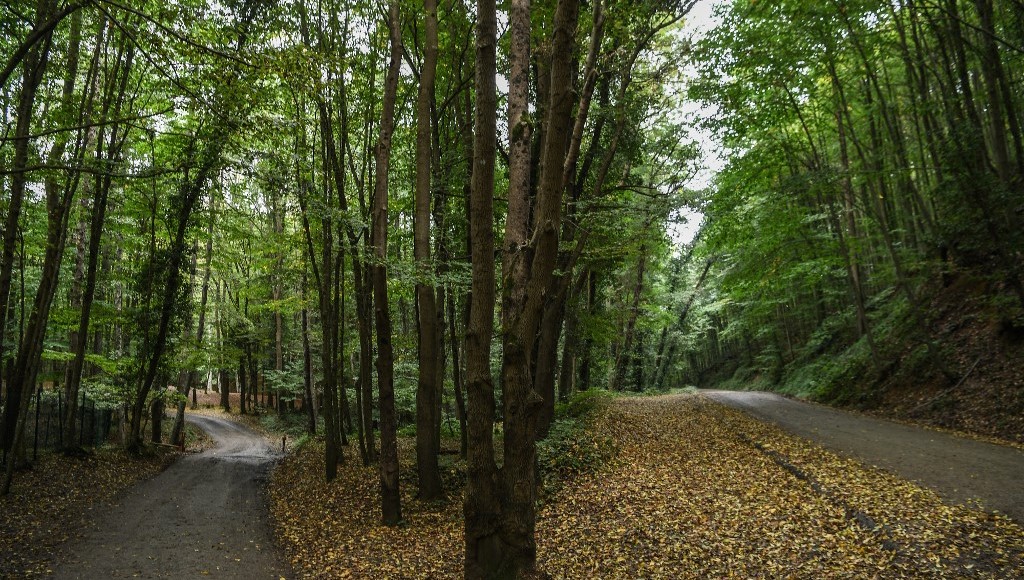Experts have warned against a recent presidential decree that allows for the removal of certain land from the boundaries of Turkey’s forested areas, arguing that it legalizes construction on forested land and therefore paves the way for financial gain, Deutsche Welle Turkish service reported on Tuesday.
A decree issued by Turkish President Recep Tayyip Erdoğan that entered into force when it was published in the Official Gazette on Jan. 6 stipulates that the General Directorate of Forestry remove some sections of forested land that have had settlements on them since April 28, 2018 and cannot be used for cultivation from within the official boundaries of forested land.
Although the forests in Turkey are protected by Article 169 of the constitution, which prohibits any “acts and actions that might damage forests,” the controversial decree was issued within the context of Article 16 of Forest Law No 6831, which was added to the law as part of amendments in 2018, DW said.
The main opposition Republican People’s Party (CHP) reportedly took the amendment to the Constitutional Court for cancellation back in 2018, arguing that it violates Article 169, but the court refused to annul the article.
“The decree is unlawful because it allows construction on formerly forested areas. Those areas must be reforested and the occupiers, which are rewarded through the decree, must be punished since they have violated both the constitution and the Forest Law,” Assoc. Prof. Dr. Cihan Erdönmez from İstanbul University’s faculty of forestry told DW on Tuesday.
Referring to academic research by Erdoğan Atmış and Batuhan Günşen from Bartın University’s faculty of forestry, Erdönmez indicated that while forested lands are diminishing in industrialized and densely populated western cities such as İstanbul, İzmir and Antalya, they are on the rise in the very different eastern cities where there is nearly no pressure for financial gain.
“The data show us that forested areas cannot be protected against pressure by politicians for profit and that they increase in number in underpopulated regions. The politicization of government institutions like the General Directorate of Forestry must be questioned at this point. In a way, the decree tells those seeking profit to cut down or burn down forests to establish settlements and that the government will find a way to make the area legally theirs. How can forests be protected under such circumstances?” Erdönmez asked.
Ahmet Dursun Kahraman, head of the Chamber of Environmental Engineers (ÇMO), also spoke to DW, indicating that Turks are experiencing a time when the laws are disregarded for profit through construction on forested lands.
“The decree, which gives the authority to determine land to be zoned for construction to the Ministry of Environment and Urbanization, which is affiliated with the president, aims to eliminate public scrutiny for profit,” Kahraman said.
Erdoğan and his Justice and Development Party (AKP) government have been accused by opposition members and environmental groups of pursuing a profit-seeking approach who claimed the AKP had a hand in a number of forest fires in various parts of the country. What led to the allegations was the construction of hotels and mines in areas initially devastated by fires.

